THESE PTI MNAs ‘betrayed’ Imran Khan by supporting constitutional amendment
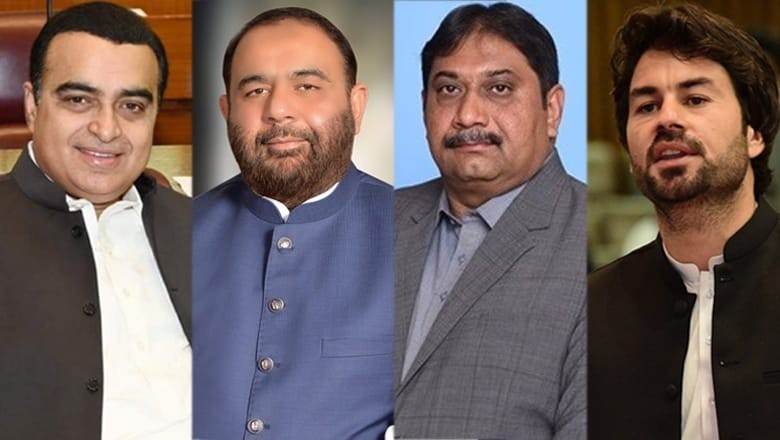
Webdesk
|
21 Oct 2024
The 26th Constitutional Amendments, backed by the ruling coalition, successfully passed through Pakistan's parliament with a two-third majority.
The much-hyped legislation, presented by Federal Minister for Law and Justice Azam Nazeer Tarar, aims to reform the appointment process and tenure of the Chief Justice of Pakistan, as well as the creation of new constitutional benches in both the Supreme Court and high courts.
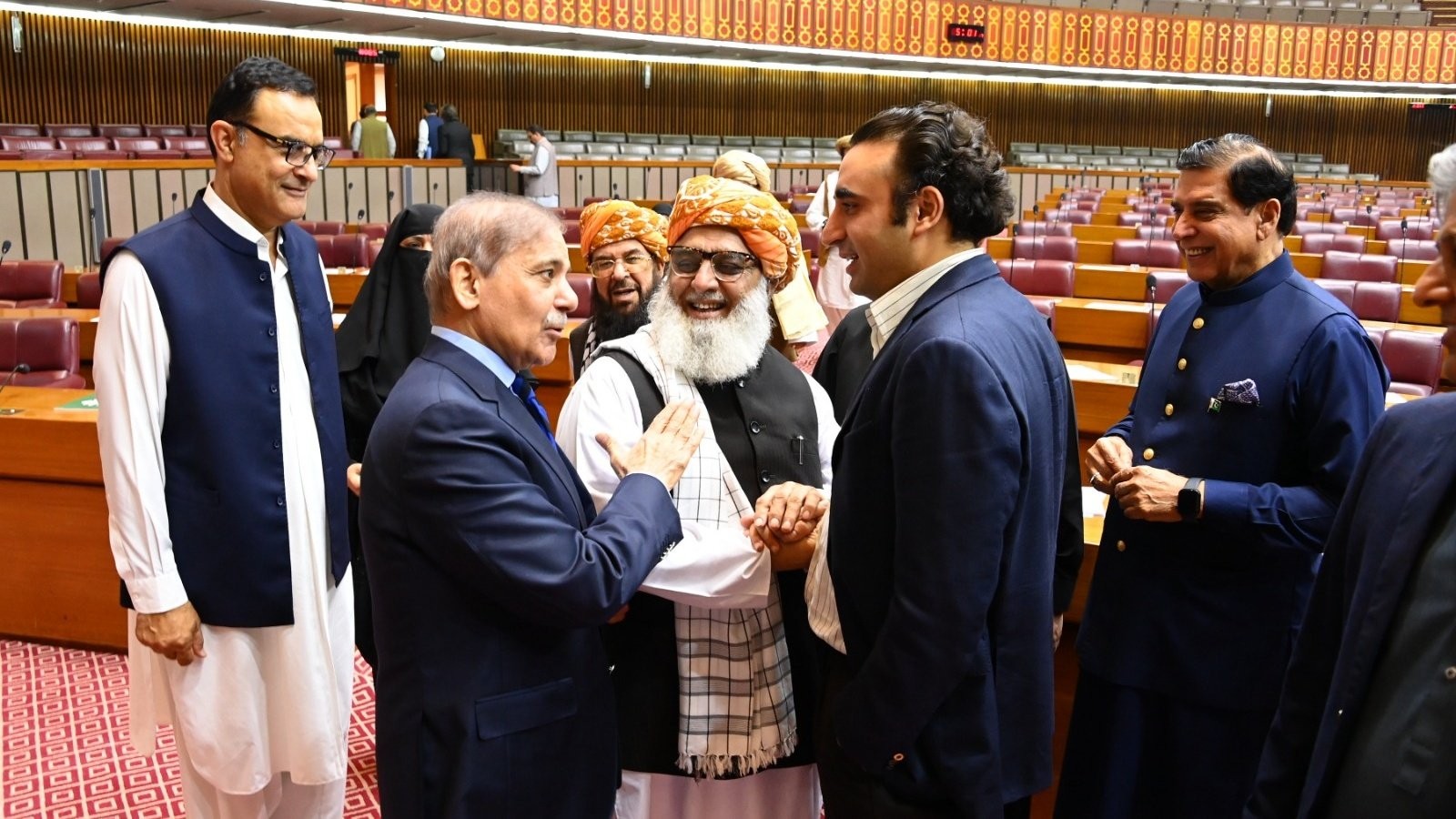
In the Senate, the amendments received broad support, with 65 votes in favor. The bill then moved to the National Assembly, where 225 lawmakers voted for it, while only 12 opposed it.
The ruling party's coalition garnered support from various members, including eight from the opposition Jamiat Ulema-e-Islam (JUI-F) and several Pakistan Tehreek-e-Insaf (PTI) backed independent lawmakers.
Which PTA MNAs voted for judicial package?
Zahoor Qureshi, Aurangzeb Khichi, Usman Ali, and Mubarak Zeb were the PTI-backed independent MNAs who voted in the tweak’s favour.
Similarly, Chaudhry Ilyas, who won election as PTI-backed candidate and later joined PML-Q also supported the legislation.
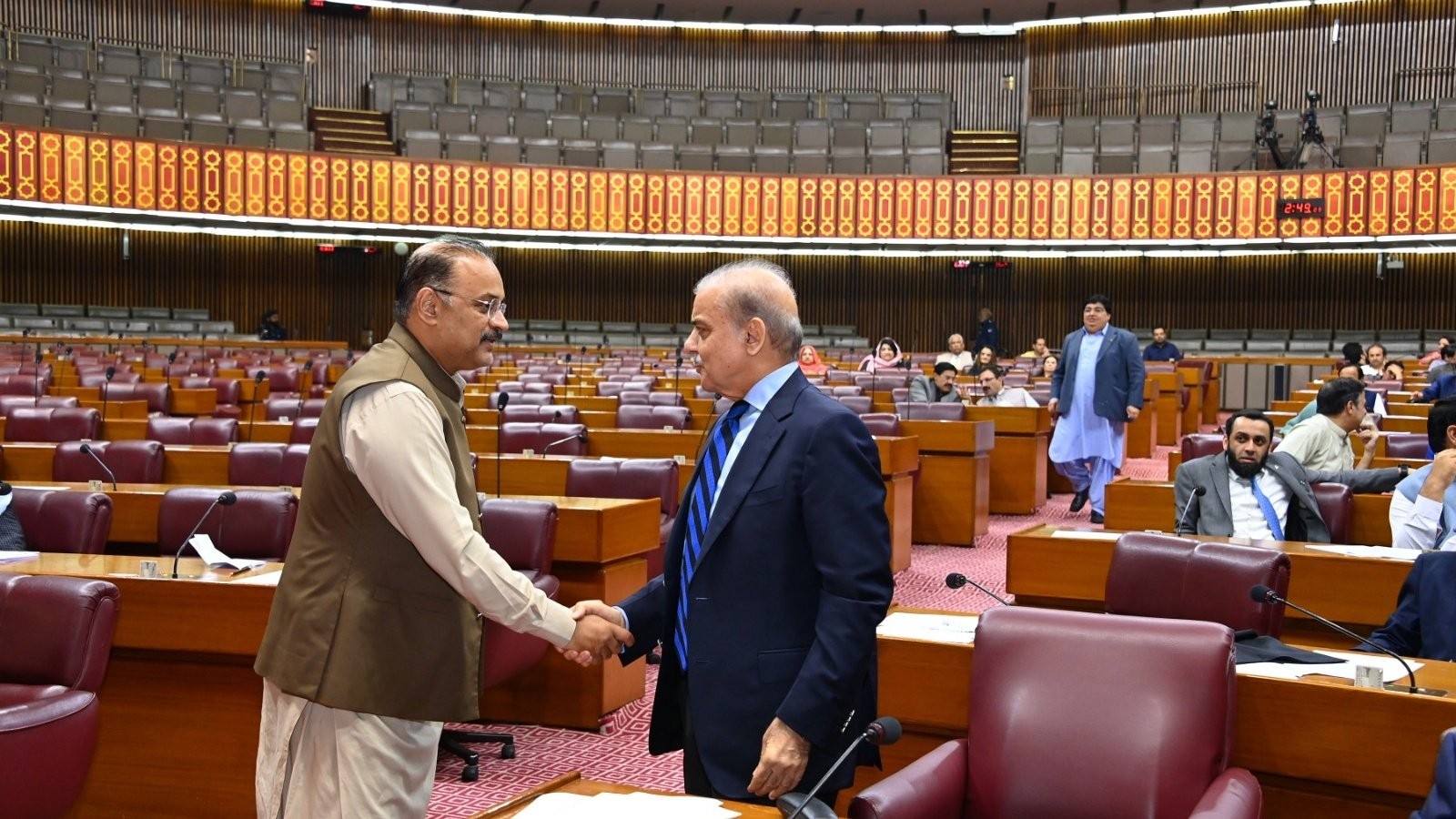
Mubarak Zeb, who was supported by workers of the Pakistan Tehreek-e-Insaf (PTI), defeated his rivals -- nominated by the ruling Sunni Ittehad Council/PTI -- in the NA-8 Bajaur and PK-22 Bajaur by-elections conducted a day earlier.
Mubarak Zeb, the younger brother of a committed PTI worker Rehan Zeb, who was killed just before the February 8 general elections, secured 74,002 votes in the by-polls.
He reportedly later joined PTI, as per the media reports.
The passage of the amendments has created controversy within the PTI, with party senior leader Asad Qaiser accusing those who voted in favor of the bill of betraying both the party and its founder, Imran Khan.
He stated, “Those who voted in favor of the bill have committed treachery against the party and its founder.” Qaiser further criticized the government for allegedly ignoring parliamentary rules to push the legislation through.
Qaiser called attention to these members' decisions, suggesting they “sold their vote to the same mafia against whom the people gave [Imran Khan] a mandate.”
During the National Assembly session, Omar Ayub mentioned presence of previously absent PTI lawmakers, now sitting with the treasury benches. He noted, “Missing PTI lawmakers have now turned up here in the house.”
Zain Qureshi debunks rumours of disloyalty
Hours after the parliament passed the Constitutional Amendments, PTI leader Zain Qureshi released a video, defying rumours around his disappearance that triggered reports about his disloyalty towards the party.
"I could never think of voting for this constitutional amendment," said Zain, terming the rumours "baseless propaganda".
"Misleading propaganda is being spread against me regarding my support for the constitutional amendment," he said.
Zain further maintained that his father summoned him to Lahore, where he remains imprisoned in a different case. He mentioned quitting politics if his meeting with a government official is proven.
How CJP will be appointed?
The amendment introduces a new selection criteria for the CJP, moving away from automatic appointment based on seniority.
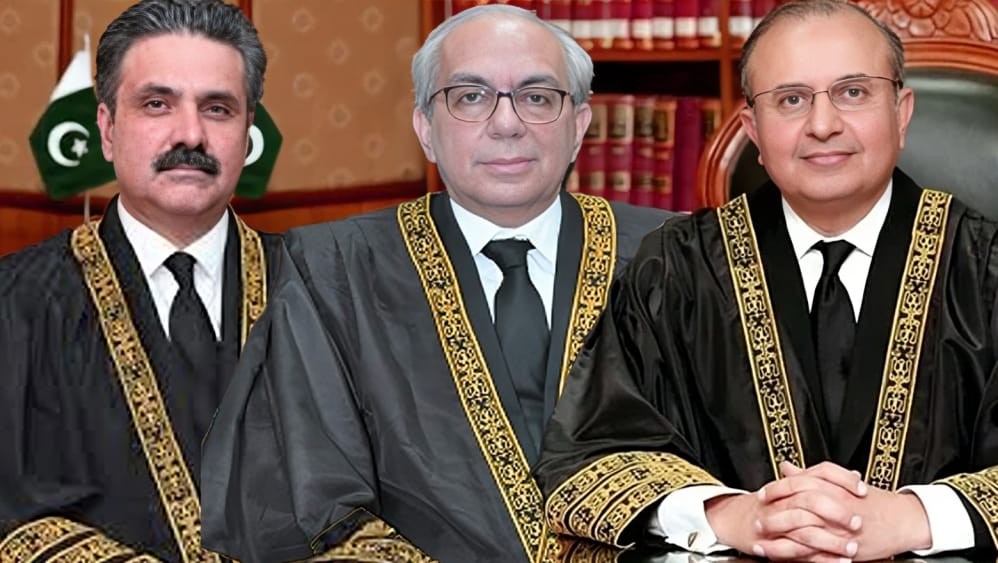
Instead, a 12-member parliamentary committee will choose the chief justice from among the three most senior judges of the Supreme Court.
The selected name will then be forwarded to the prime minister, who will send the nomination to the president for final approval.
The amendment also sets the tenure of the chief justice at either three years or until they reach the retirement age of 65.
A judicial commission, headed by the chief justice, will oversee the appointment of Supreme Court judges. The commission will comprise the four most senior judges, the Federal Law Minister, the Attorney General, and representatives from the National Assembly, Senate, and bar councils with at least 15 years of experience.
Constitutional benches will be established in both the Supreme Court and high courts, with the commission determining the number of judges required.
Notably, a 12-member special parliamentary committee, representing all political parties proportionally, will play a role in the appointment process


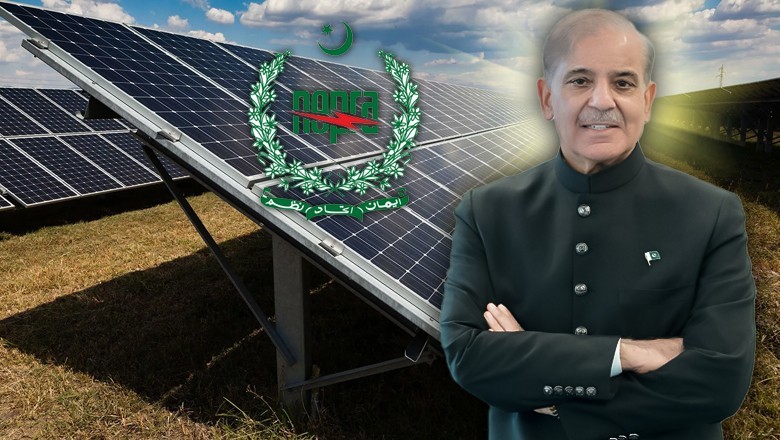

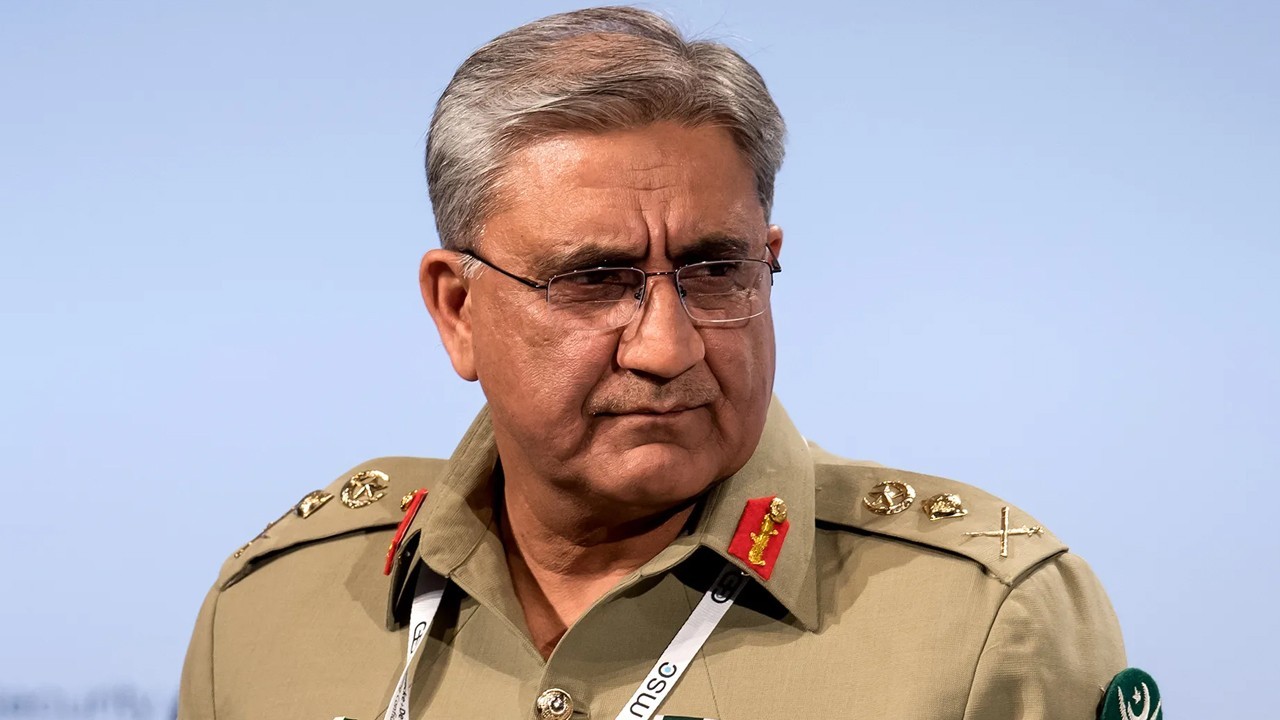

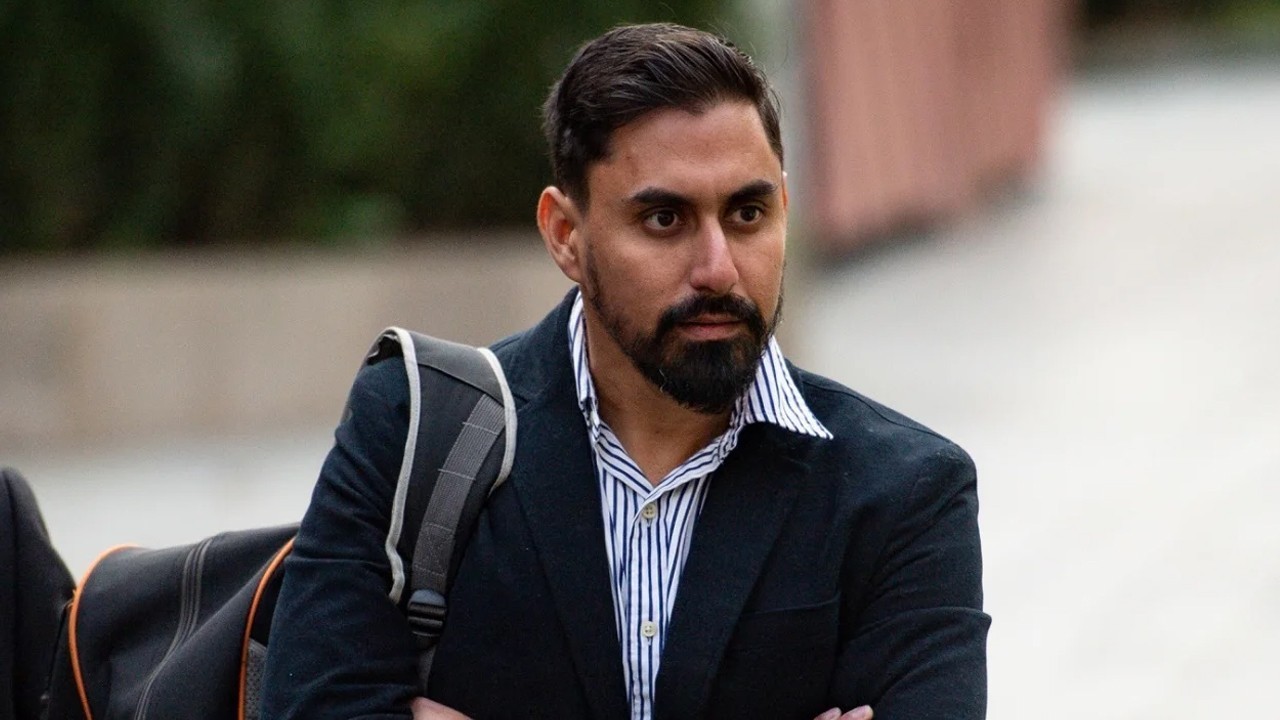
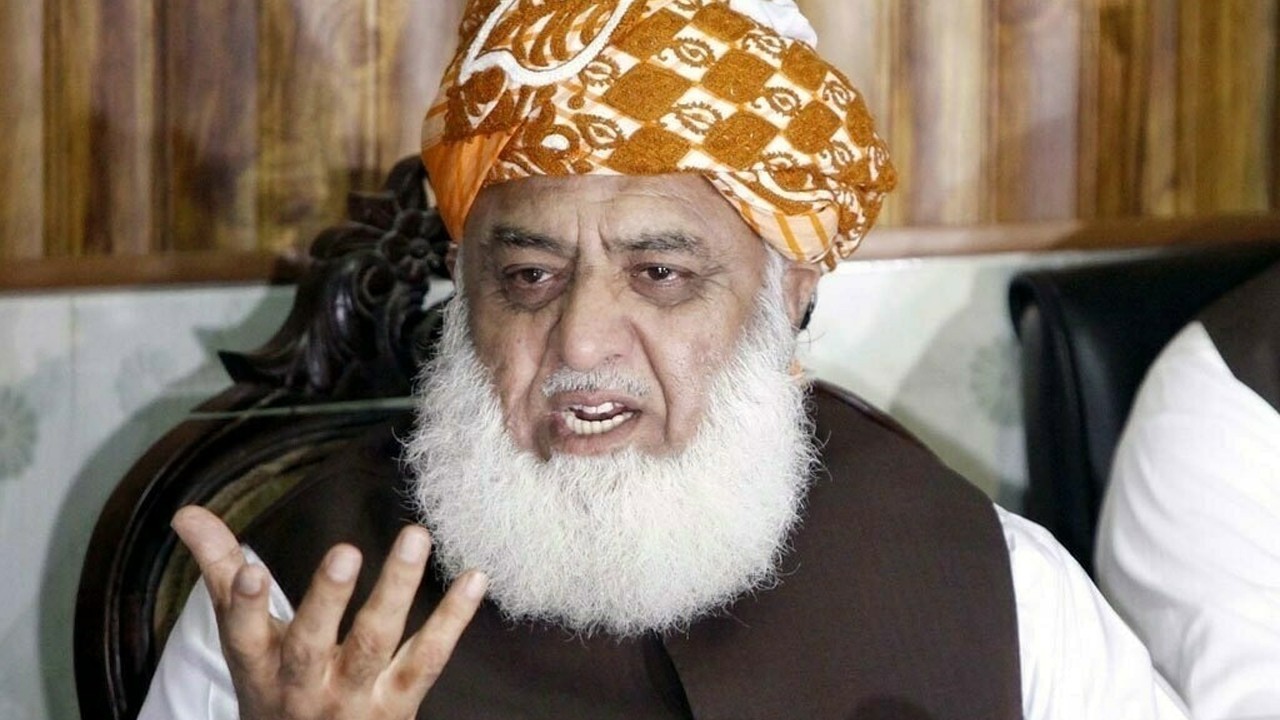

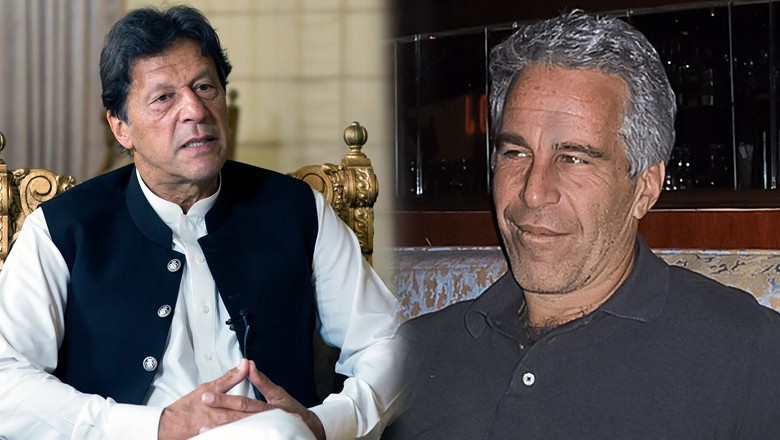

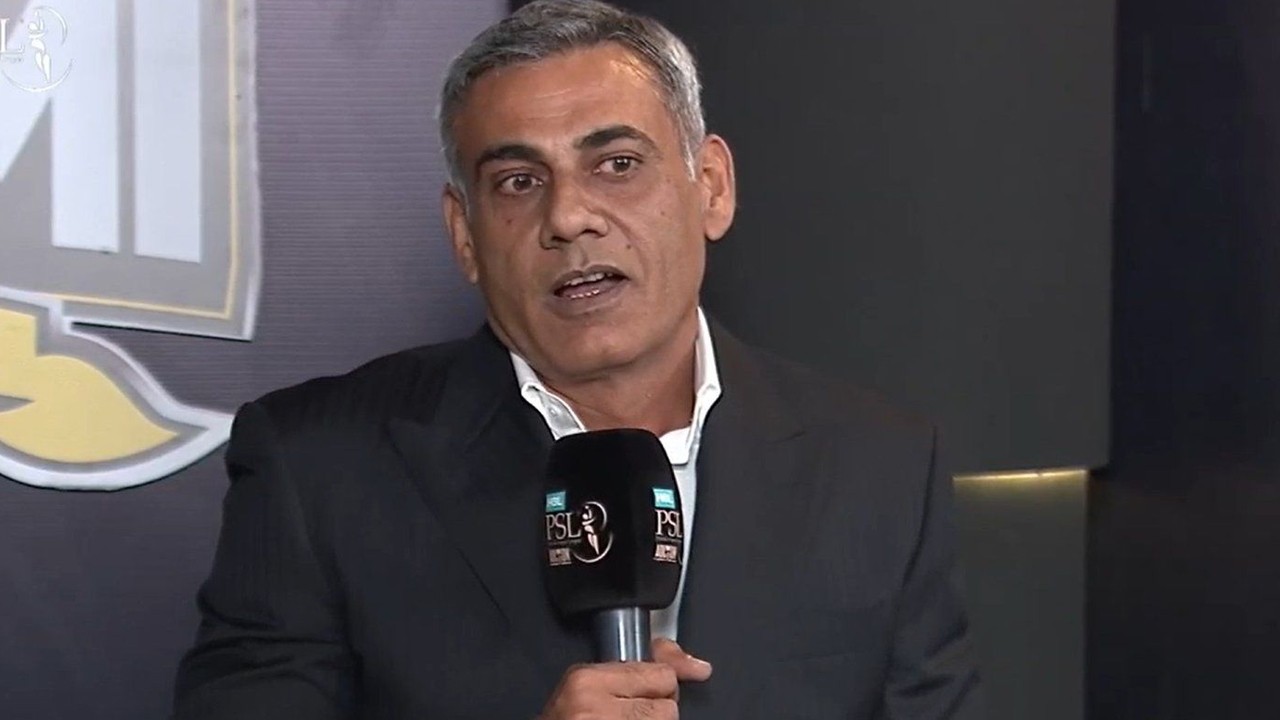
Comments
0 comment